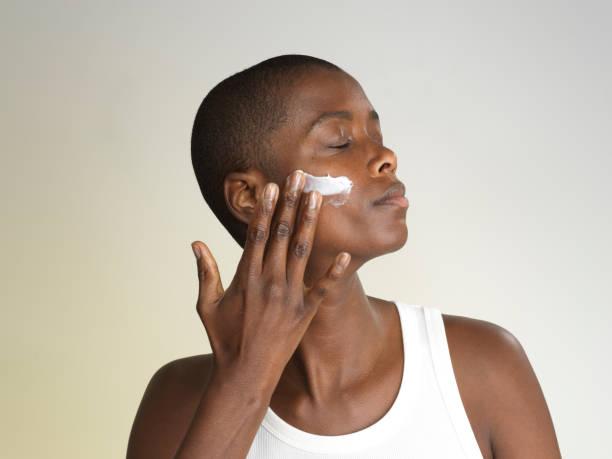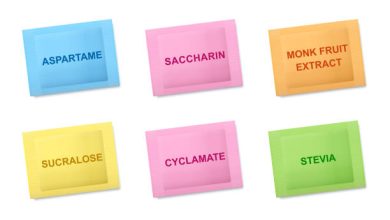7 Facts About Eczema & Brown Skin You Wish You Knew Sooner!


If your skin won’t stop itching, cracking, rashing, oozing, or crusting, there’s a good chance something is wrong. An inflammatory skin condition most common in brown-skinned folks (how lucky), eczema can produce a whole range of unsightly scabs, scales, and scars. At their worst, eczema flare-ups can persist for weeks, leading to the most severe symptoms in Black individuals.
With many forms, each having varying symptoms, sometimes it feels like you’re playing a game of whack-a-mole! This is why you should always speak to your doctor or dermatologist first.
When you’re suffering from this sometimes life-disrupting condition, make sure you have the facts.
Here are 7 must-knows about eczema and its effects on ebony skin…
1. There are 7 Types of Eczema
Although atopic dermatitis is the most common form among brown-skinned folks, it is usually found in children, with symptoms cropping up before age six. The typical symptoms are itchy, dry, and inflamed skin. But there are also many other types of eczema, some affecting different areas of the body with different symptoms.
These other types include:
- Contact dermatitis – triggered by the environment
- Dyshidrotic eczema – Causes burning, blisters, and rashes
- Neurodermatitis – Leads to itchy and scaly patches
- Nummular eczema – leads to tiny, rounded lesions, usually on the legs and arms
- Seborrheic dermatitis – Causes inflammation of the scalp
- Stasis dermatitis – Causes discoloration on the legs
2. Eczema Goes Beyond the Skin
According to the National Eczema Association, eczema isn’t just skin deep. If you’ve got the common form of atopic dermatitis, you’re also way more likely to have allergies, asthma, and hay fever. In fact, more than 50% of people with atopic dermatitis also develop symptoms of allergy-induced asthma, like coughing, wheezing, and difficulty breathing.
So, if you’ve got one or more related conditions, you should talk with your doctor about additional screenings and tests.
RELATED: How To Deal With Your Eczema & Post-Inflammatory Hyperpigmentation
3. Symptoms Can Occur At Any Age
At one point, eczema was believed to affect children almost exclusively. After years of research and diagnoses, the science has totally changed! In fact, eczema can affect you after the age of 60 almost as frequently as it can if you’re under 18.
Even if you get it in your childhood and symptoms go away, it can always resurface years or decades later. One reason eczema affects




